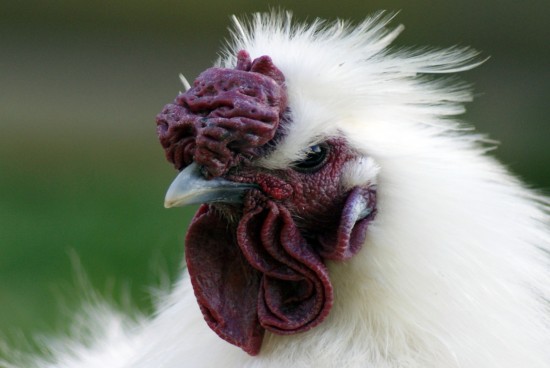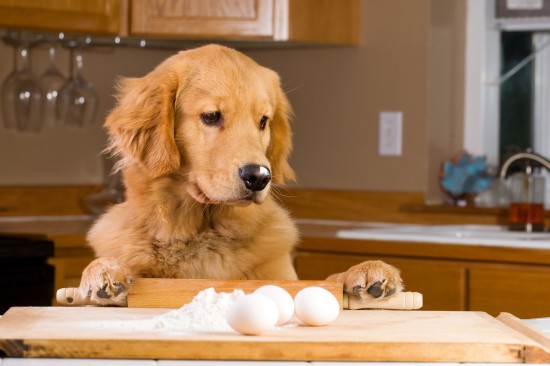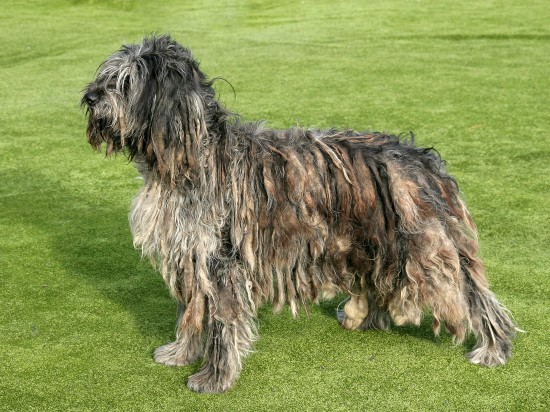Dogs are considered senior when they reach half of their anticipated life span. Mature dogs are more vulnerable to diseases. They need proper nutrition and healthy lifestyle to reduce risk of developing hazardous diseases. Aged dogs are more prone to health issues including cancer, kidney or heart disease. It is advisable to consult mobile vet Toronto service immediately if you experience some illness symptoms in mature dogs.
Mobile veterinary services provide in-home medication to your pets at the time of emergency. Experienced veterinarian surgeons provide you due guidance regarding the illness and how to deal with mature dogs. Apart from veterinarian's guidance, here are a few points that you need to keep in mind:
Life Expectancy of Dogs
Small breed dogs have longer life expectancy than giant or large breeds. Small breeds are considered as senior at the age of 8-9 years whereas large breed dogs are senior at 5-6 years. You need to consider your dog's veterinarian about the precautions that you need to take after the dog reach seniority level. It's high time to change their meals, feeding time, physical exercise routine and other schedules.
What nutrients mature dogs need?
A proper nutritious food is combination of accurate protein, carbohydrate, fat, vitamins and minerals. The nutrient profile of a senior dog and a puppy is different. It also varies in dogs having some certain diseases. Your vet can provide you a list of Do's and Don'ts that can help you in their routine care.
Controlling calories and nutrients in senior dogs
Calorie control in senior dogs is a must that too at least 20 to 30%. Calorie reduction becomes crucial for senior dogs to lessen the risk of obesity and other diseases. You also need to curtail the excess nutrient intake. Avoiding nutrients like protein and fats is recommended for senior dogs.
Portion Feeding is Crucial
Portion feeding plays pivotal role in curtailing the intake of calorie and excess nutrients. This also helps in determining your dog's appetite and you can provide medication on early stage if the appetite decreases.
Portion feeding means to decide the size of the meal given to the dog. People are generally possessive about their pets and feed them excessively to keep them healthy. But this is absolutely wrong, instead of feeding 2 or 3 times a day, feed them 3-5 times in small portions. Consult the vet to schedule the feeding time as they can provide you a proper diet plan according to the dog's age.
Proper Hydration
Water is the foremost nutrient for pet dogs of every age. Mature dogs, due to medication are more prone to dehydration. Provide them fresh and clean water and make sure their water bowl always has sufficient water.
The above points can assist you in meeting your aged dog's nutritional needs. In case of an emergency, it is advised to take the dogs to a certified veterinarian who could provide proper guidance and care.

 Health And Care Of The Bichon Frise Dog
Health And Care O
Health And Care Of The Bichon Frise Dog
Health And Care O
 10 Exotic & Bizarre Breeds Of Chickens
10 Exotic & Bizar
10 Exotic & Bizarre Breeds Of Chickens
10 Exotic & Bizar
 Two Tasty Treat Recipes For Sensitive Dogs
Two Tasty Treat R
Two Tasty Treat Recipes For Sensitive Dogs
Two Tasty Treat R
 The Bergamasco A Breed That Boasts Very Few Health Issues
The Bergamasco A
The Bergamasco A Breed That Boasts Very Few Health Issues
The Bergamasco A
 The Top Five Reasons People Give For Re-homing Their Pets
The Top Five Reas
The Top Five Reasons People Give For Re-homing Their Pets
The Top Five Reas